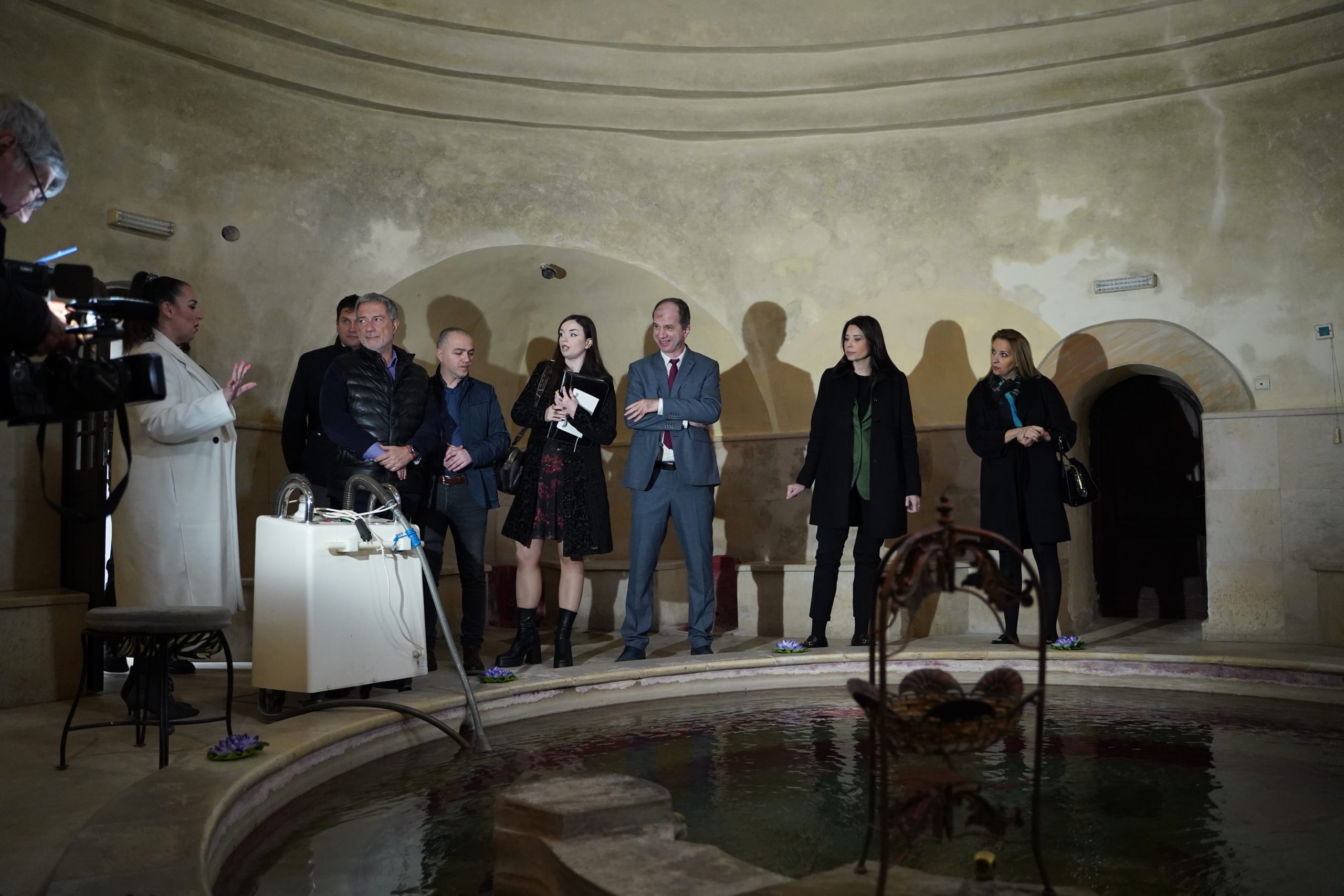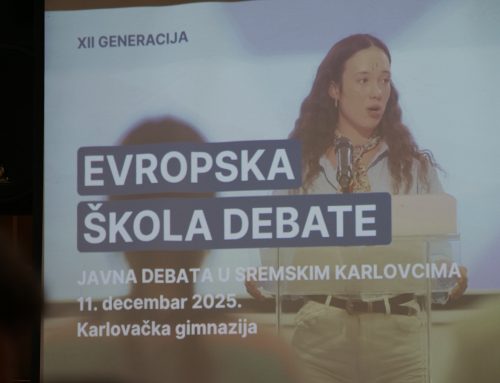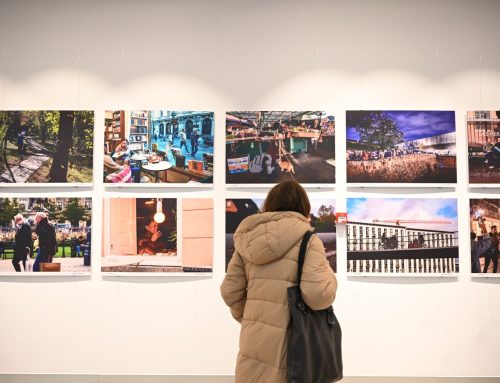The transition to renewable energy sources has significantly improved the air quality in Sokobanja, both for students and for all citizens and visitors of this famous spa. With the support of the European Union and the Ministry of Environmental Protection and in cooperation with the United Nations Development Programme (UNDP), through a project worth 23 million Serbian dinars, the Municipality of Sokobanja replaced the old coal-fired boiler in the common building of two local schools with a new heating system using waste geothermal water from the spa. In particular, concentrations of toxic gases, including carbon dioxide and carbon monoxide, as well as suspended particles PM 2.5 and PM 10 have been reduced.
Research shows that Serbia has a large geothermal potential, with over 300 geothermal sources. If they were used to obtain energy, these sources could meet at least a quarter of the country’s heating needs, with significantly lower costs and a favourable impact on human health and the environment.
During his visit, Nicola Bertolini, Head of Cooperation in the EU Delegation to Serbia, said that Sokobanja is a good example of a municipality that protects the environment.
“The European Union is already financing the water supply system in Sokobanja, and soon, with our support, a waste water treatment system will be developed, because the well-being of the environment and citizens are our priorities. A clear sign that Sokobanja is on the right track is the fact that this new heating system that is using waste thermal water is the result of a partnership between the EU, the Ministry of Environmental Protection, the Municipality and the UNDP”, added Bertolini.
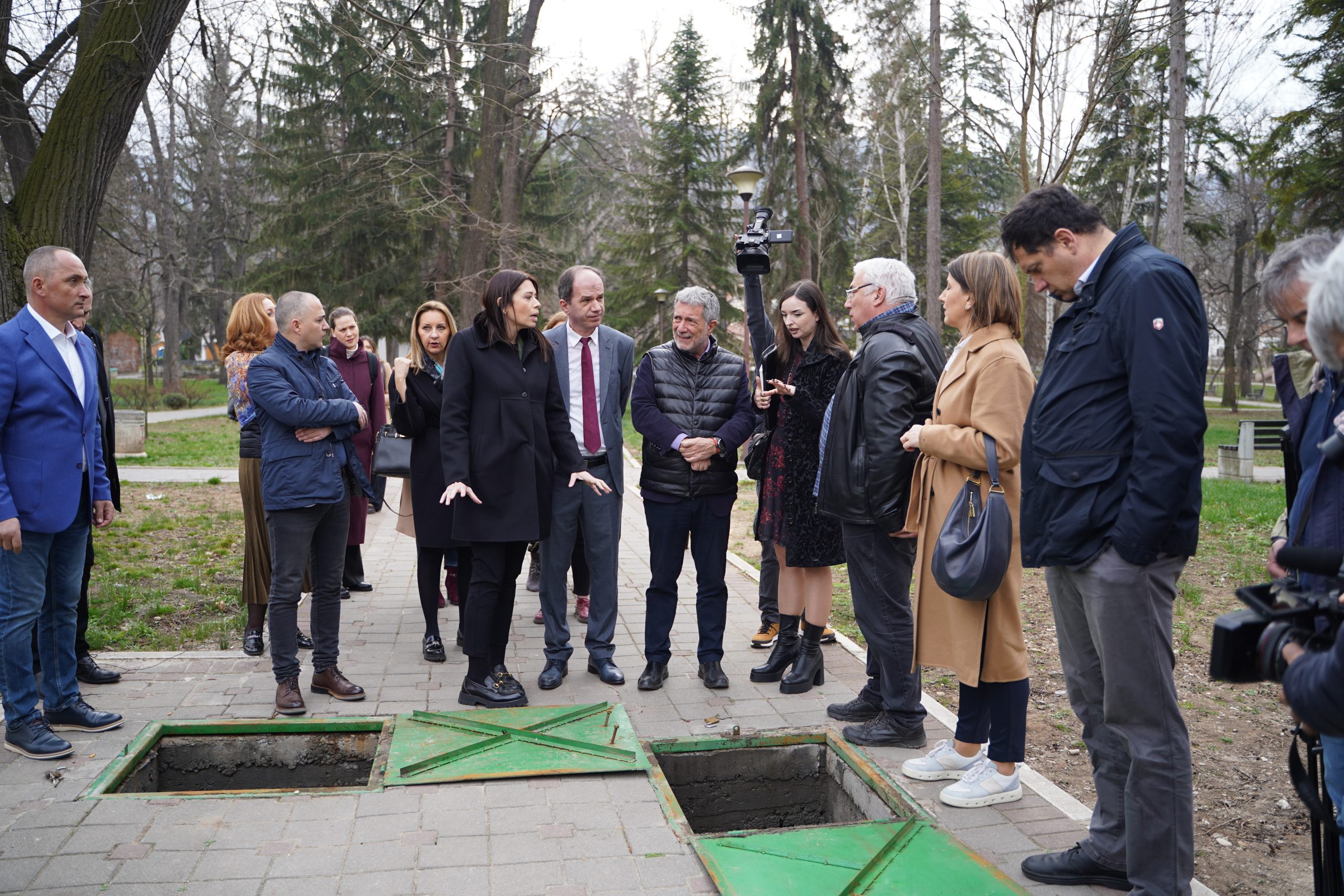
The Minister of Environmental Protection Irena Vujović also attended the official presentation of the new heating system in the Secondary School “Branislav Nušić“ and the Elementary School „Mitropolit Mihailo“ in Sokobanja.
“This is one of the great examples of how we can use thermal water for heating, primarily as an important measure to improve air quality. Over 1,000 students in these two schools will have clean air and a better environment. Also, what is particularly important here is that the waste thermal water is reused, which is one of the most important principles of the Green Agenda, namely the circular economy”, said Vujović.
“The innovation of the Municipality Sokobanja could be applied in other places with geothermal sources throughout Serbia. For example, the Government of Serbia and the UNDP are examining the possibility of using geothermal energy for heating and cooling public buildings in Belgrade, such as the Palace of Serbia”, Yakup Beris, Resident Representative of the UNDP. He invited all innovators to join the green transition of the economy and society in Serbia by applying to the current Challenge for innovative solutions.
The new, energy-efficient system will also bring significant savings to the budget of the Municipality of Sokobanja.
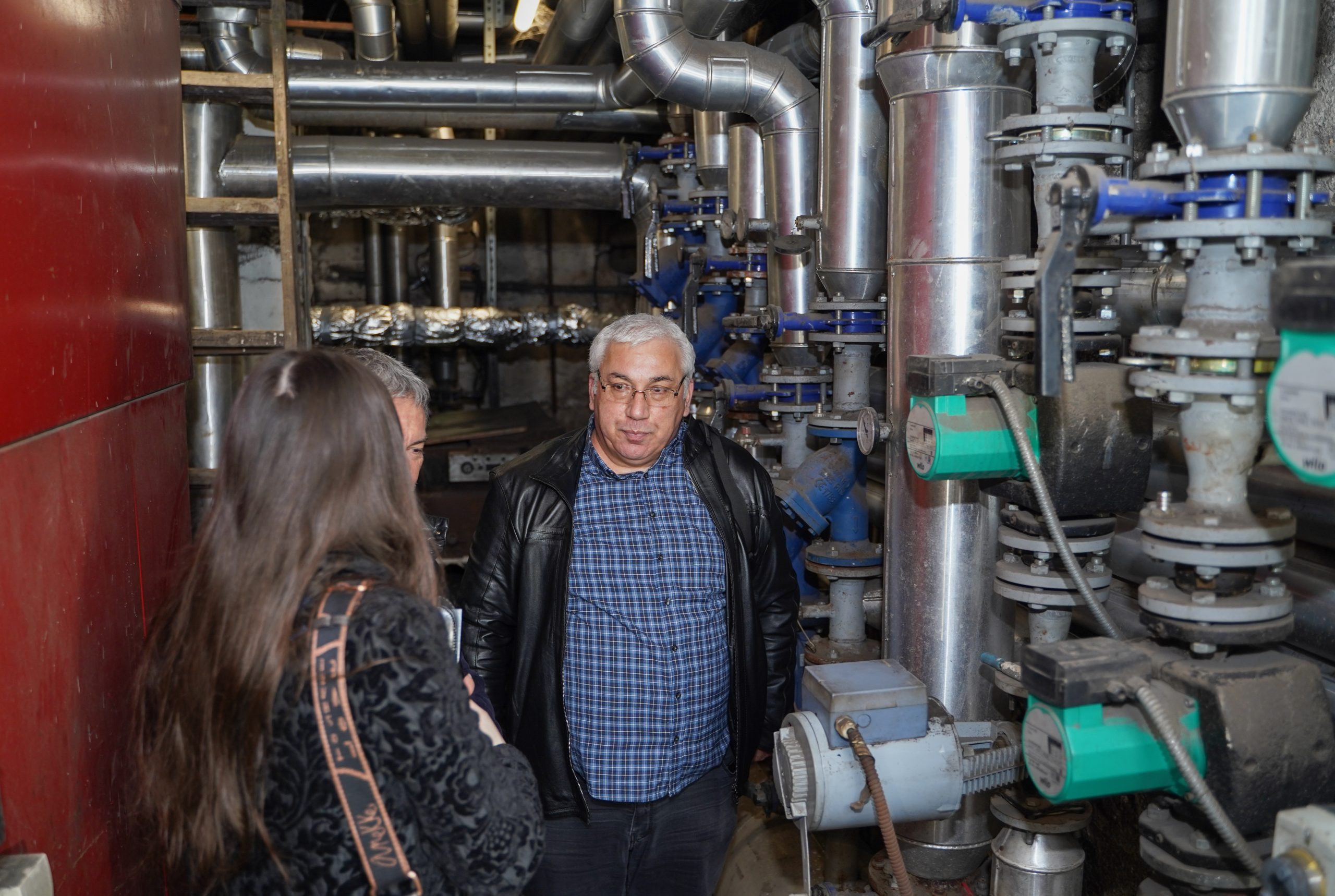
“We decided to use geothermal water for heating primary and secondary schools, firstly for the sake of environmental protection and reduction of pollutants in the air, and then also for energy efficiency. We reduced the heating costs of two schools to two-thirds of the costs of the old coal-fired heating system”, explained Miodrag Nikolić, president of the Sokobanja Municipality.
Heating with waste geothermal water from the spa complex in Sokobanja is one of 52 innovative, green solutions, worth a total of USD 17 million, which are implemented throughout Serbia as part of the initiative “EU for Green Agenda in Serbia”.
The project “EU for Green Agenda in Serbia”, with the technical and financial support of the European Union and in partnership with the Ministry of Environmental Protection, is implemented by the UNDP in cooperation with the Embassy of Sweden and the European Investment Bank (EIB), with additional funding provided by the governments of Sweden, Switzerland and Serbia.

